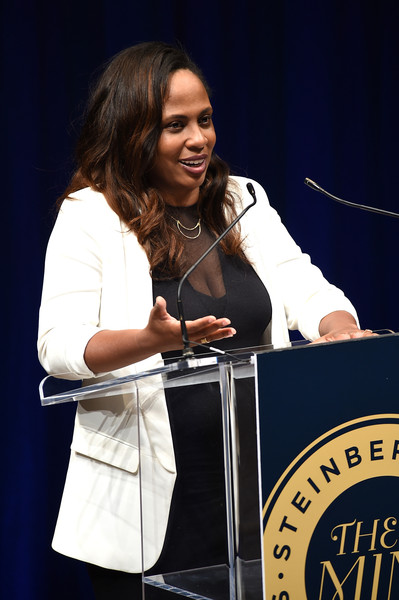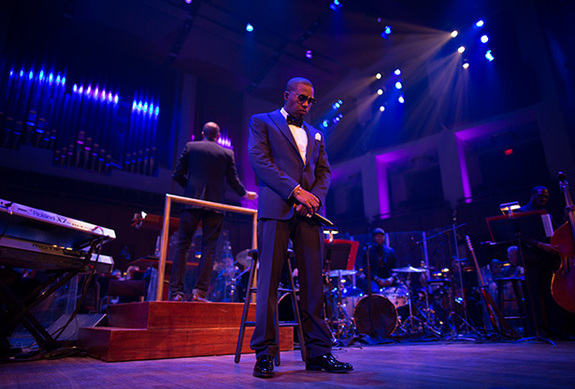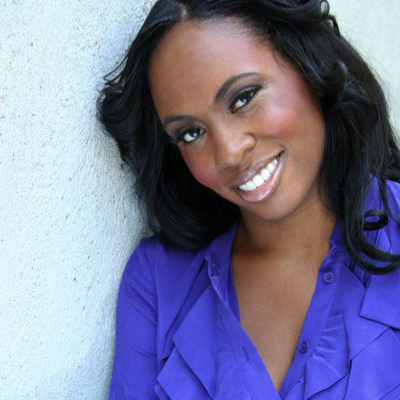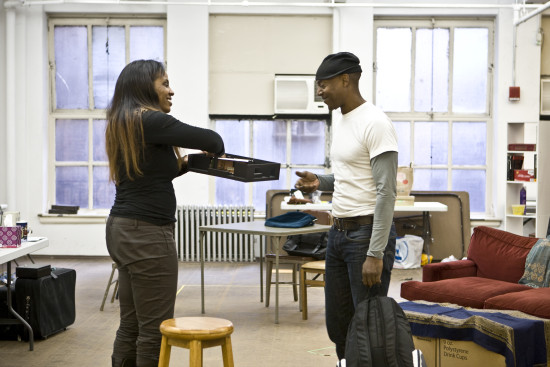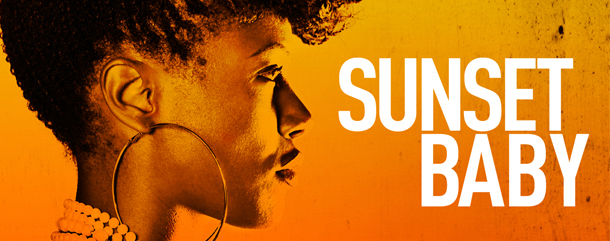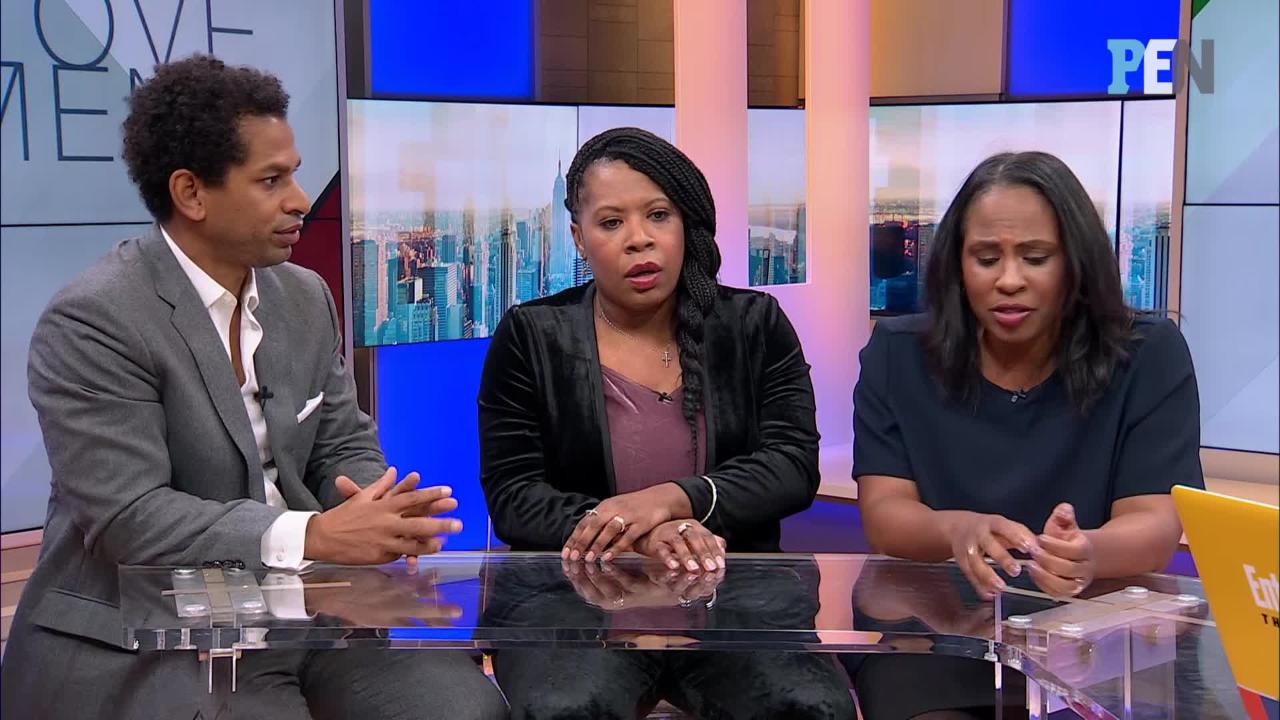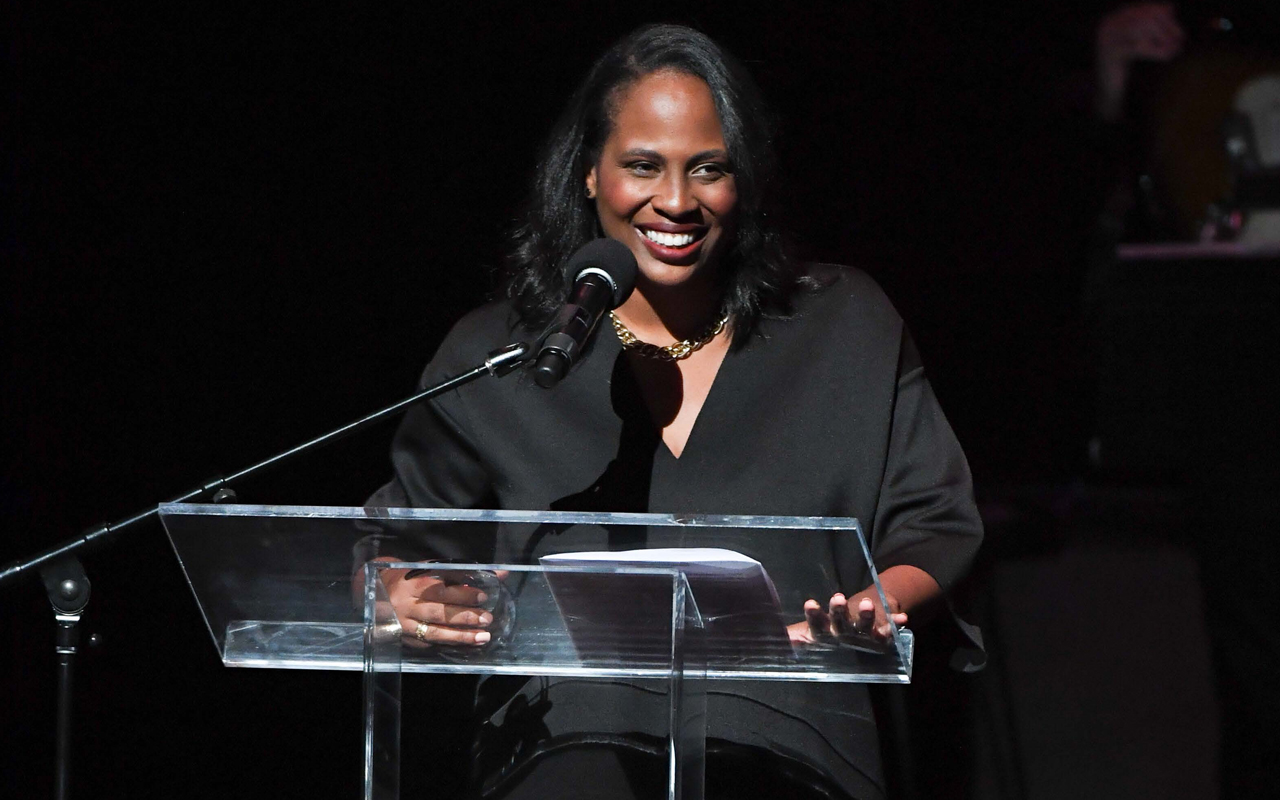KAMILAH FORBES
Name: Kamilah Forbes
Title: Executive Producer, Apollo Theatre
Lives: Brooklyn, NY
Works: Harlem NYC
Select Projects:
Producer - What’s Going On, a partnership with the Kennedy Center on the occasion of the 40th anniversary of Marvin Gaye’s seminal album
Producer - One Mic: Hip Hop Culture Worldwide
Associate Director - A Raisin in the Sun
Producer - HBO’s DEF Poetry Jam
Producer - The Wiz Live
Director - The Blood Quilt
Director - Sunset Baby
CreativeTypes: What do you do?
Kamilah Forbes: I am a director and producer for theatre and television. My current position is an executive producer at the Apollo Theater in Harlem. What that means for the Apollo is that I’m a creative director. I'm setting, crafting, and curating the creative direction and vision for the Apollo moving forward.
When I start to think about what it is that we are going to put on stages, I'm looking at music. I'm looking at dance. I’m looking at theatre. I’m looking at pieces that are of a high quality and that exemplify our culture but also further the notion and mission that Apollo is the home to develop artists and their voices.
With that respect, how can we [Apollo] be that vehicle? I'm looking at working artists who we want to have a residence in which they're creating their work or they're able to use the resources that we have in place to further hone their own craft.
I am constantly keeping my eye out and going out to see a lot of work. We want to see who we can cultivate and work with.
CT: You have vast experience…what is the difference in directing or producing a concert versus directing for television or theatre? What is your preference?
KF: As a director working in theatre, it’s really a playwright’s medium. In television and film, it’s more of a director’s medium. For me, I think it’s all a director’s medium. I think I enjoy working with actors. I enjoy working with writers. I really get my hands dirty and sharpen my own skill set when working in theatre.
I also enjoy very high-level big picture thinking. Sometimes when I'm directing theater that's not necessarily the skill set that you’re really drawing upon - in some respects, you are because you’re the big thinker in that room for this production. So, you're pulling lights down on set. You’re creating everything that the audience is seeing. You’re ultimately crafting the experience.
I executive produced a series called The Women’s List, where we pulled together certain corporate partners to get the film done. We cast the film in a certain way to prompt a certain narrative and we also orchestrated the landing place, which ended up being PBS, which also promoted a certain narrative to a specific audience. It’s a different way of thinking that I also enjoy. It’s drastically different than the way that I work in television and film and theatre as a director.
As a curator for the large tribute concerts, I did a show with the National Symphony Orchestra and Nas. I was curating a large scale hip hop festival over the course of several months, which every single day we had not only hip hop music artists, but also dance multimedia theatre and several artists from all over the world from 40 different countries over 30 days to land in DC. It was important that we curate a festival that did not just sit in the white box of the Kennedy Center but that was really infused in the community.
That’s just to say that curating exercises another muscle of pulling artists, ideas, places, spaces together to ultimately create a very specific experience.
CT: Do you feel a lot of people have the opportunity to go across those different spaces and platforms? Or is your situation rare?
KF: I don't see it a lot. I mean, I think there's only a handful. There are not many that cut across the different mediums the way that I do. Of course, there are a lot of theatre directors and a handful of curators but I think for folks who can really play in the sandbox authentically, not a lot, no. It’s only really a handful.
CT: How did you become that person? What did you do in your career that made it so that you’re part of a handful?
KF: I will tell you that I always had to create spaces for myself in my career. As a black woman director, the path is not that clear. There’s not always a million jobs afforded to you in one medium so I had to make a lot of jobs in different mediums just to keep myself working. I almost would say that this path was charted out of necessity. There weren’t enough opportunities for one space.
“As a director working in theatre, it’s really a playwright’s medium. In television and film, it’s more of a director’s medium. ”
CT: What is the easiest way for someone to break into having a career like yours?
KF: There’s no direct path but in all honesty, mentorships. As a theatre director I assistant directed a lot. I got in the room. I saw the way that other directors worked. I saw the way other directors moved. I also saw the way directors operated as producers as they set up their next job by literally getting playwrights, star actors, and other financial producers in that room in order to create a vehicle for themselves because they had to. The only way that I saw that was by assisting, by having mentors, and by apprenticing. No program is going to teach you that.
CT: How did you get to the mentorship/ apprenticeship phase? What are some of the programs/apprenticeships you would recommend?
KF: There are formal programs that the unions have.
Both unions, the Director Guild of America Union (DGA) and the Stage Director and Choreographers Society (SDC) have an apprenticeship program that you can apply for. They are pretty competitive but I know that not enough of us apply. If accepted, they match you with those whom they think you can learn the most.
As for me, I literally would meet folks and ask them “how can I work for you?”. I will sit in the room for very little if I can just be in the room and be helpful but I just want to be in the room. I was deliberate and intentional and persistent in figuring out my path, working my way up from the bottom.
Even my path in television - my first interview was with Stan Lathan to be his personal assistant. I remember he said, “oh no I can't hire you.” I wanted to know why because I needed the job, it was paying! He said, ”I think I have something better for you.” I was hired to become the talent coordinator. They were trying to figure out the Def Poetry thing. I started working on Def Poerty Jam casting talent.
I worked my way up to becoming a producer as I started making more creative decisions about the show. I did that for seven seasons.
Ultimately I pitched enough to create several shows and to become an executive producer. I was literally interviewing for a job to take notes and get coffee and ended up as an executive producer.
CT: Tell us more about who is in “the room”. What does the landscape of the industry look like for someone with your focus on Black culture? Do you feel you are at the same table as your white counterparts?
KF: I am in a niche not by my choice. But, it is by my choice. I celebrate it. I honor it. I will also say by the dynamics of the world in which we live, I will not get a call to direct work that is not African-American or black diasporic specific. That is my reality as a director.
CT: Do you feel you are put in a box for exclusively black themed subjects?
KF: I will honestly say that [African Diaspora] is my interest. That is why I got into the theater because I want to see myself and my folks reflected.
The flip side is the kind of subversive racism within the industry that people don't talk about. White folks direct and produce black works all the time, but somehow our directors aren’t afforded the same opportunities.
I absolutely can reach across the aisle. I attend a lot of the conferences, I get hired by white theaters. Those are the major regional theaters where I freelance. They’re just not calling me for Sweeny Todd but they will call me for August Wilson or a black adaptation piece. That's just the reality. I just lay that out as a fact. If I did get called for Sweeny Todd, for me personally, some of that work is not my cup of tea. That’s not why I got into this world and industry.
There are white male directors who direct on Broadway. They will do ten shows a year, seven of which they may love, but they have choices. They have more options. Whereas a woman of color director, I don’t have that luxury.
CT: Let’s talk about gender. Even if you weren’t a woman of color, is there a gender bias? Is it a male dominated preference or playing field?
KF: Absolutely.
CT: What would you say is the biggest challenge of this field?
KF: I think we have to get creative about how we create our own spaces or how we carve our spaces for ourselves individually. It is the absence of large diverse leadership, that trickle-down effect. Who are the folks in positions making these decisions? Real visionary leaders are Baltimore Center Stage, Kwami Kwei-Armah, Hannah Sharif to name a few. Hannah directed Les Miserables, not traditional black work but they are both leaders of color of major regional theatre who made very intentional decisions about who they’re directing during their season and what they’re directing in their season. That speaks to leadership, so it’s a trickle-down effect.
I think you have to be creative not only in the spaces but how you start your path. I think a lot of people don't necessarily recognize that. How do I move? How is my career shaping? I was intentional about that. I think people focus on the what. What do I do when I get in the room? You have to learn how to set up resources for yourself. There is a whole piece of this career on being strategic on how to get work. Of course, once you have the gig, you have to deliver.
CT: What is your process? How do you work?
KF: Every project I approach differently. Every project feels like it’s a newborn. You have to understand what this baby needs. Every kid is different. It has to be loved differently. It has to be held differently. It has to be fed differently so it takes time.
To me, a big part of my process is to take a step back and really analyze, the needs and how can I be adaptable to them. Instead of putting a blanket process on a project, I take a unique individual approach to every project. One of my strengths is adaptability. It’s my job as a leader to be adaptable and to provide the room what it needs in order for success. That’s my approach. You have to understand the power of collaboration from a leadership perspective.
Collaboration at its best is when everyone at the table is bringing their A-Game. As a leader, if you don't even understand what people’s strengths are then it’s not a true collaboration. It's my job as a leader/director to bring that out of you. To clearly understand it, to identify quickly and to make sure you have what you need to get you’re A-Game to the table and on and on down the line.
A lot of other directors come with a very different approach. You know, it's my way or the highway and you have to fit into that paradigm. I work in more collaborative spaces. I think that comes from not only working in theater but also working in multi-disciplinary work with choreographers, working in television and film, and that kind of skill set translates over.
CT: What are the skills needed for someone who wants to do this?
KF: I will speak as a director. As a director, it's about having a very clear and focused vision, but also being a great listener and being able to balance both. I also think it's the same as the producer. As the producer, you have to have a clear focused vision about what it is you want to accomplish, and then knowing how to put the best people in the room to make sure that it happens.
I think one of the big things, one of the strengths that has helped me is being observant, being a listener, understanding the room. Being aggressive yes, but you have to be aggressive with balance.
You also need to understand people dynamics, understand how people are moving throughout this room so that you can master it and dominate, but you can’t do that while your mouth is running.
CT: Does it require training?
KF: Yes. It’s a combination of education and hands-on experience. Education is always extremely helpful. I think as a director it's important that you know the medium. You need to know what needs to be done on a practical level with actors and designers. You need to be able to talk the lingo. To understand mics, sound, there are technical aspects of it that you should know clearly. Training comes in many different forms. Training comes from apprenticeships, internships, hands-on experience. There are some folks who went to the best theatre schools in the country and I don’t necessarily think that they are best. There are certain skill sets that are necessary that again are not going to happen in those training programs.
CT: What did you learn while assisting directors?
KF: There is an unspeakable methodology of different director’s styles and how they speak and move and motivate. There are times you’re a motivator. You’re a coach. You’re a leader. You’re giving guidance. At times, you’re a teacher. At times, you’re a student.
You can’t learn that in a program. You can learn it from watching other people do it. You pick up little tricks of the trade. You can see a director and think, oh I like the way this director guided this person. Or, I like the way this director pulled the actor over to the side to give them the note instead of yelling it across the room. Those little nuisances separate the good from the great. You can only learn by watching.
CT: What will your finances look like on a career path like yours? Will you be broke?
KF: In the beginning, yes. As you’re building and developing relationships, there will be some financial challenges. People think this stuff is glamorous and it’s not. You must understand and be passionate about what you’re doing.
CT: What’s the career trajectory for someone in a position like yours?
KF: There’s not a lot of institutions where you move up the career ladder. This opportunity at the Apollo allows for me not only to utilize my creative impulses, whether it’s in theatre, television, and film at the Apollo. I don’t know if there’s another institution that allows for this type of versatility in the work. I would be back in the field quite frankly to find more work as director.
You have to be comfortable with the theme of cultivating work. That’s what we do. We’re artists. It’s part of our job to constantly be creators and innovators and cultivators. It’s what we signed up for!
Follow Kamilah online!
instagram: @kamilahf
twitter: @kamilahf
